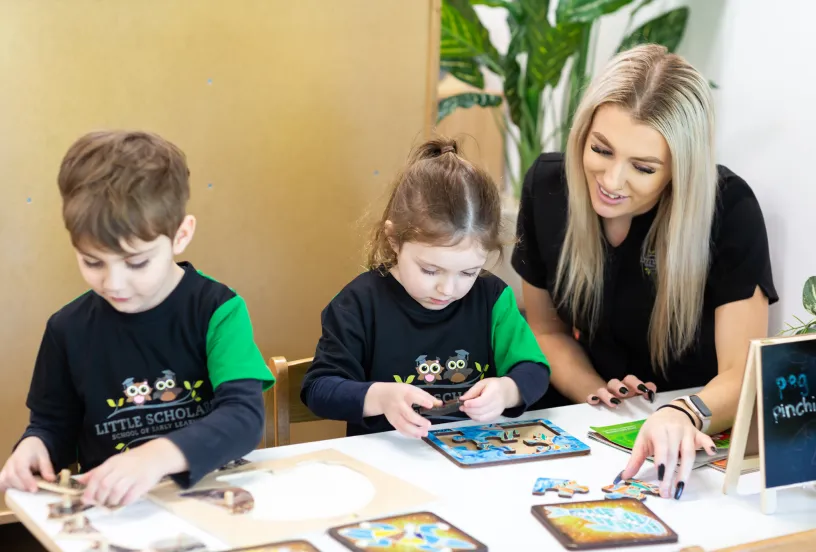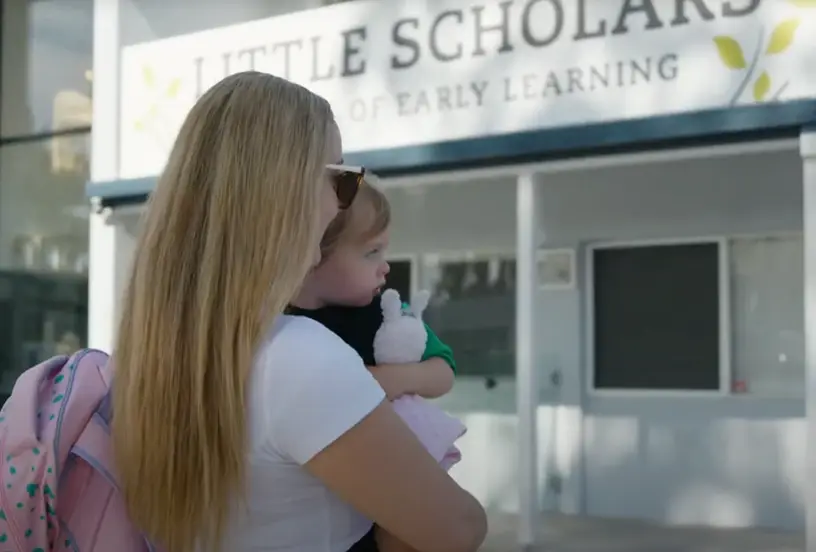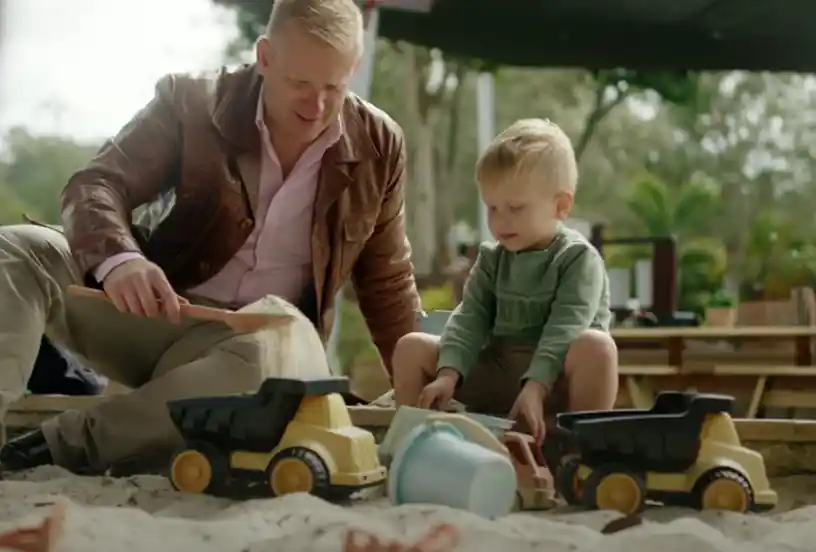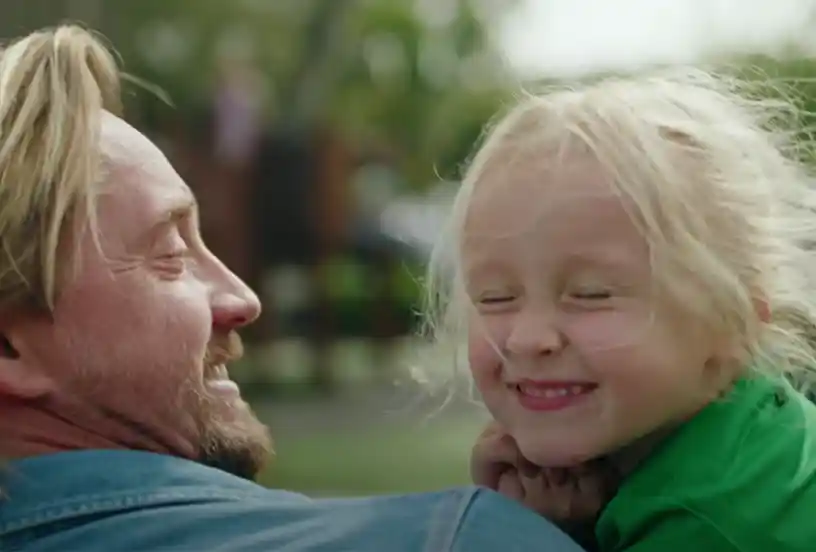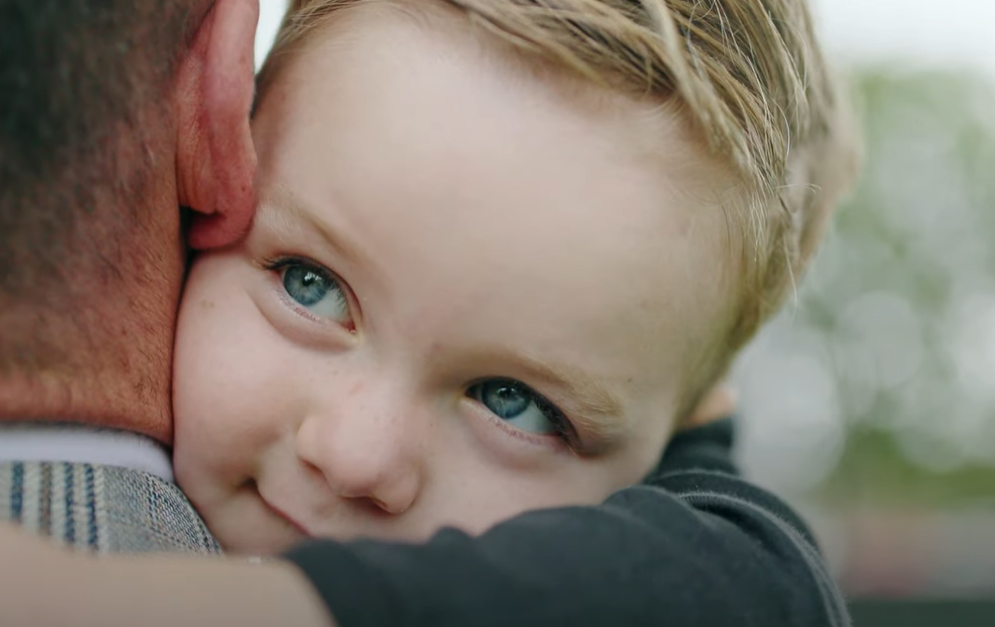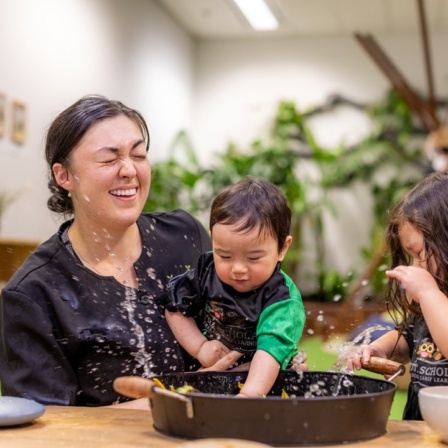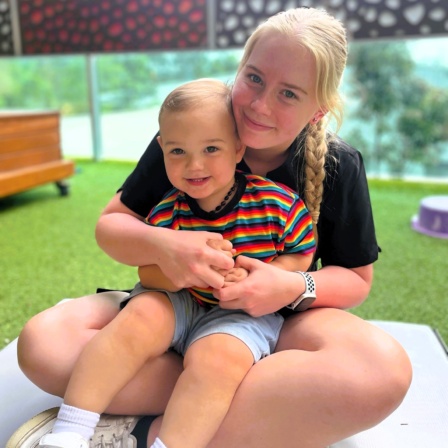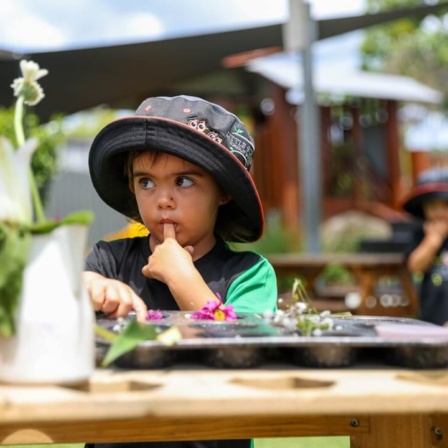Being Environmentally Responsible
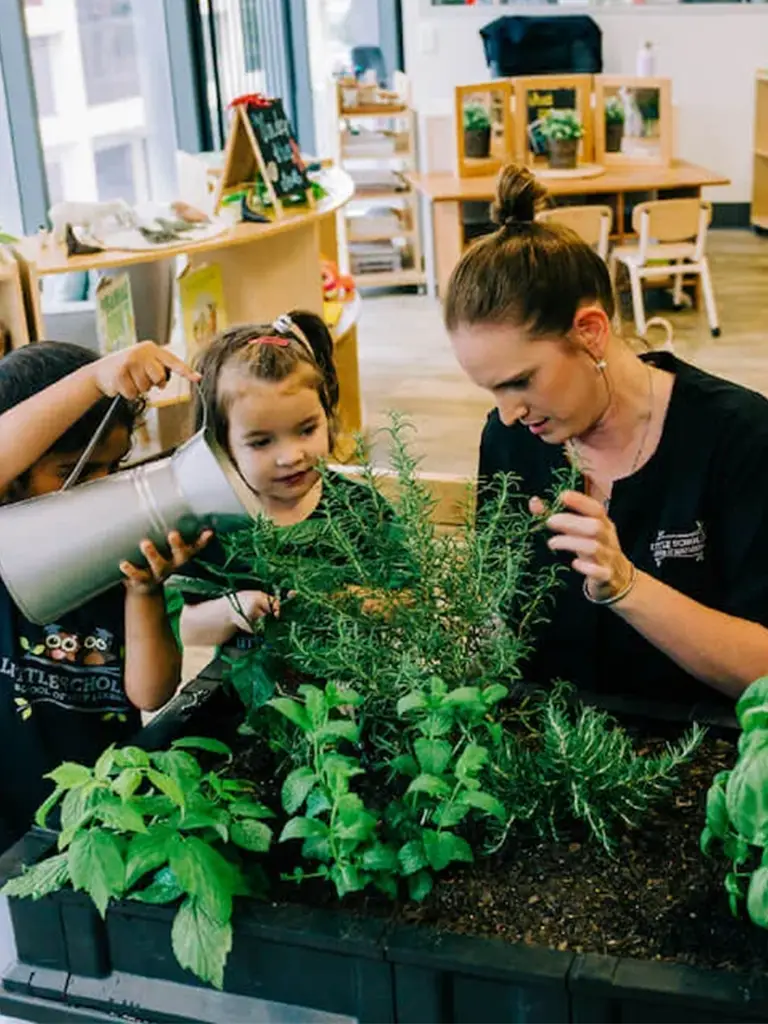
At Little Scholars we are committed to being environmentally responsible and teaching children to also learn about the part they play in looking after the environment and the effects we have on the future.
Each of our campuses has an environmentally-responsible plan and a delegated sustainability officer who is in charge of motivating and inspiring the team to action and achieve the campus’s goals. It’s our goal to continue a culture of sustainability within each campus, empowering children to become more environmentally conscious.
We embed our environment plan into our daily programs and practices, and some of the ways we achieve this include:
- Developing sustainable practices – Promoting eco-friendly behaviours, reducing waste, conserving energy, and using environmentally friendly materials
- Guiding educators and staff in integrating sustainability into their roles and daily activities
- Conducting research on sustainable practices, resources, and innovative ideas such as loose parts and recycling initiatives
- Overseeing and implementing campus projects, such as managing recycling stations or establishing garden-to-plate initiatives and community gardens
- Educating and encouraging children, families, and the community on sustainable practices
- Embedding sustainable practices into our services, programs, and support system
- Collaborating with stakeholders to foster a culture of sustainability throughout the school community
- Evaluating the effectiveness of sustainability across the curriculum
- Maintaining and adding to campus sustainability plan
To help our littlest scholars understand and embrace sustainability, we engage them in simple yet impactful activities:
- Using natural items and loose parts in play and learning, fostering creativity and respect for natural resources
- Engaging in conversations about recycling, waste management, and the impact of waste on the earth and its inhabitants
- Practising water conservation by limiting tap use during hand washing and using water tanks for water play
- Encouraging the use of washing lines instead of dryers to understand energy conservation
- Participating in our gardening program, where children grow herbs and vegetables for use in cooking experiences, teaching them about the cycle of plant life and the value of home-grown produce
- Through these activities, we aim to instil a sense of responsibility and care for the environment in our young learners, setting them on a path to becoming mindful, eco-conscious citizens
